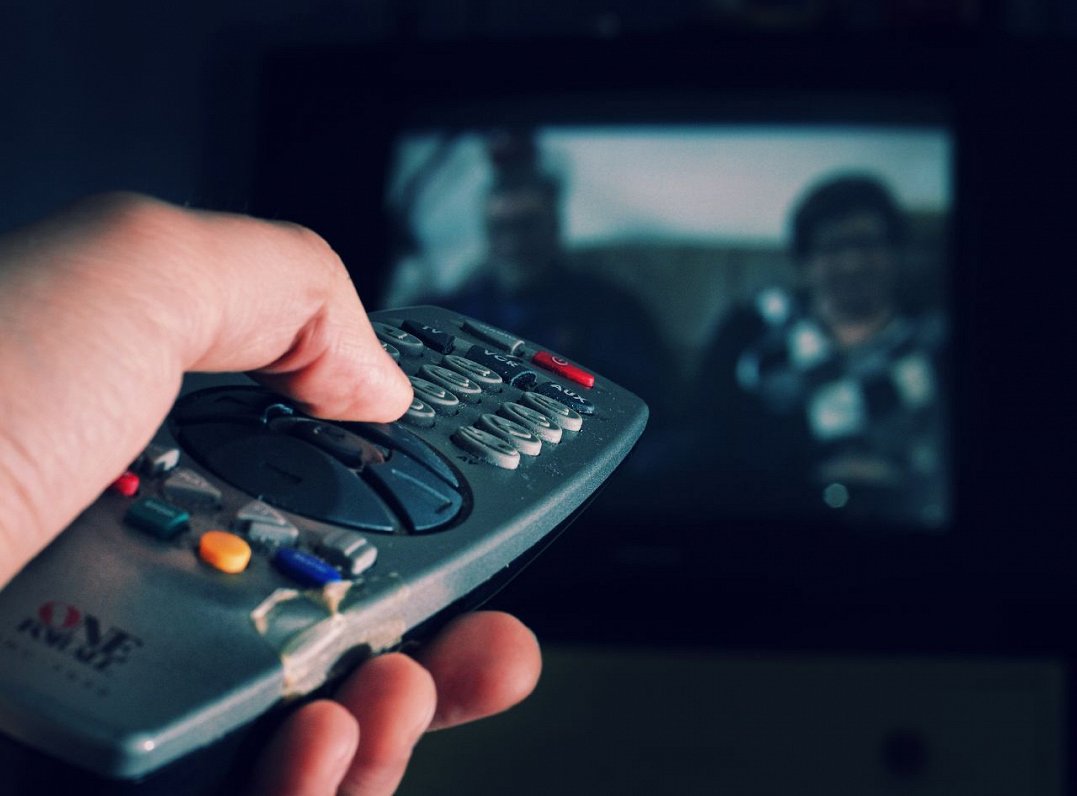“A strong information space is a crucial issue for Latvian democracy and national security. Legislators must secure access for Latvian residents to quality and pluralistic television programs,” said Levits.
The president has turned to the Saeima Human Rights and Public Affairs Committee with his suggested amendment supplements, which he believes will bring Latvia closer to the European cultural space and promote inclusion in regards to discourse in the European information space. Levits wants the law to dictate that providers must include both public and commercial programming, as well as regional and local programs in their packages, in addition to the language restrictions for 80% of content.
The suggested supplements to the bill would tackle a well-known problem of foreign interference in the Latvian media space, which remains unresolved after various other attempts to solve the problem. As previously reported, just last year Latvia's broadcast regulator, the National Electronic Media Council (NEPLP), said it would impose a three-month restriction on the re-broadcast of Russian TV channel Rossija RTR in Latvian territory.
Offenses were detected in the Rossija RTR program "Evening with Vladimir Solovyov" and "60 minutes". NEPLP cited a broadcast on May 22, 2018 that "explicitly and repeatedly voiced hate speech against parts of the Ukrainian state" including incitement to "hang and kill" certain Ukrianians.
NEPLP also cited an incident from more than a year ago, on January 11, 2018, when a "60 minutes" broadcast by Russian nationalist politician Vladimir Zhirinovsky repeatedly called for military action on Ukrainian territory, and incitement to hatred against Ukrainians.
NEPLP pointed out that Rossija RTR, despite being a Kremlin-supporting Russian-language channel, is actually registered in Sweden. Consequently it has sent notifications of its decision to the European Commission, and the Swedish Press and Broadcasting Authority. NEPLP also called upon Saeima for more funding, saying it wanted to create ten new posts to monitor broadcasts which it said "would enable a more effective fight against Russian propaganda."





























